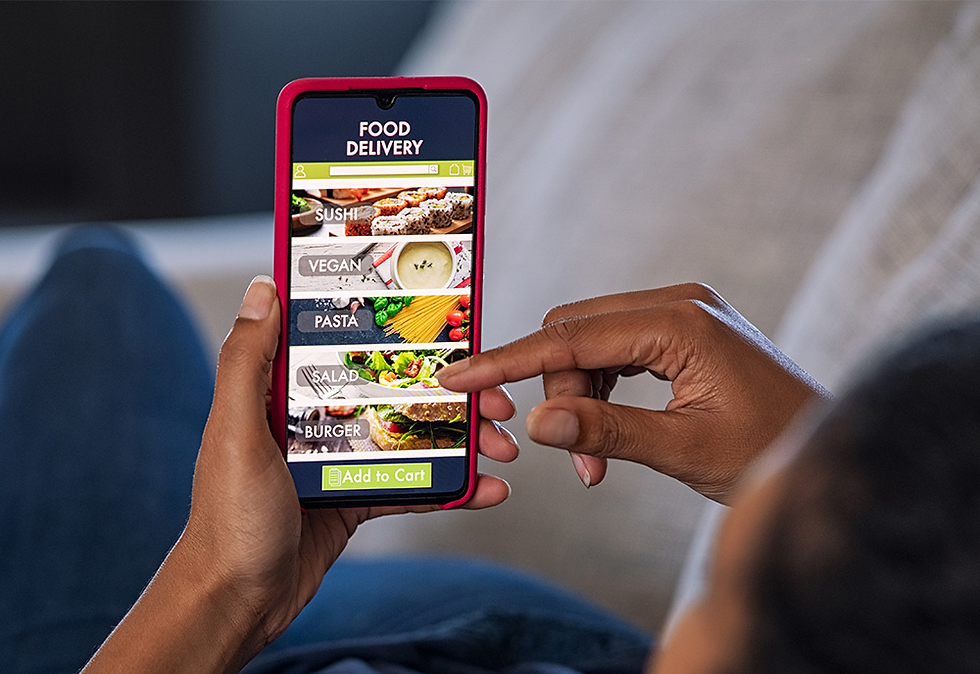Findings:
Digital ordering leads to unhealthier choices: 61% of digital orders were categorized as unhealthy, compared to a lower percentage in non-digital orders.
The "Google Effect": Digital ordering encourages automatic decision-making with less cognitive effort, leading to more indulgent choices.
Dinner is most impacted: Digital ordering's influence is strongest at dinnertime when consumers are tired and rely on convenience.
Tech-savvy consumers may be less affected: Those proficient with technology might be less susceptible to the "Google Effect."
Key Takeaway:
Digital ordering platforms significantly influence consumer behavior in restaurants, primarily by leading them towards unhealthier food choices and increased spending.
Trend:
The increasing adoption of digital ordering technologies (touchscreen kiosks, tabletop tablets, delivery apps) is transforming how consumers order food.
Consumer Motivation:
Consumers are motivated by convenience and efficiency when opting for digital ordering, especially during dinner when they might be more tired.
Driving Trend:
The COVID-19 pandemic accelerated the adoption of digital ordering as consumers sought safer and more convenient ways to get their food.
Who the Article Refers To:
The article refers to consumers who use digital platforms to order food from restaurants. It doesn't specify age groups, but implies that the findings are applicable to a wide range of consumers.
Product/Service:
The article discusses the use of digital ordering platforms (touchscreen kiosks, tabletop tablets, delivery apps) for ordering food from restaurants.
Conclusions:
Digital ordering is here to stay and is significantly impacting consumer behavior.
Understanding the "Google Effect" can help restaurants and consumers make more informed choices.
There's potential for tailoring restaurant offerings based on the time of day and customer tech proficiency.
Implications for Brands:
Restaurants can leverage digital ordering to promote indulgent items, especially during dinner.
Offering non-digital ordering options can cater to health-conscious consumers.
Understanding customer tech proficiency can help personalize marketing and menu suggestions.
Implications for Society:
The rise of digital ordering could contribute to an increase in unhealthy food consumption.
Raising awareness of the "Google Effect" can empower consumers to make more conscious food choices.
The study highlights the need for further research on the long-term impact of digital ordering on public health.

Comments